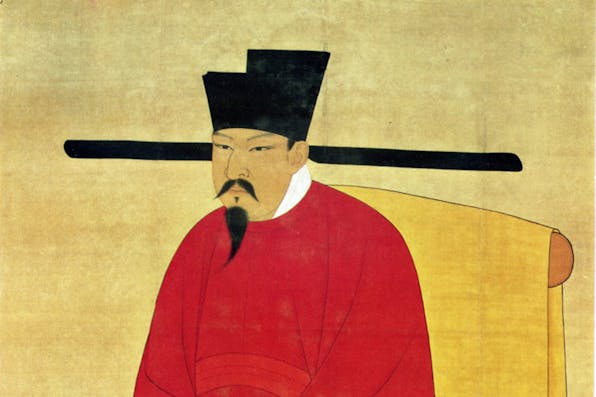
April 17, 2014
Fear of Falling
How global competition can spur technological innovation and keep America (and Israel) dynamic.
Prediction is always difficult, especially (as Yogi Berra is alleged to have said) about the future. Charles Murray’s brilliant essay on the future of American innovation handles the difficulties well—and, like all good forecasters, he knows when and how to be appropriately Delphic in his pronouncements. “Let Athens trust to her wooden walls,” said the Pythoness as the Persians approached, without specifying whether by “walls” she meant the fortifications around the Acropolis or the hulls of the Athenian fleet. When it comes to the future of American innovation, Murray concludes that it could go either way: European-style malaise, combined with the depredations of the tort bar, could slow innovation to a crawl and put America on the inexorable road to decline; but decline is still a choice, not a fate.
In one sense, there is little to add to Murray’s conclusion; so many factors affect a topic as complex as his that an uncertain verdict about the future is intellectually all but mandatory. But Murray doesn’t just state the obvious; his look at the specific conditions associated with innovation (or the lack of it) in many different cultures and eras offers an important checklist as we think about the state of American life today.
To Murray’s list of factors affecting the potential for dynamic innovation in societies over time, there is one thing I would add. It is a factor particularly relevant to today’s America, and taking it into consideration would lead, in my opinion, to a somewhat more robust confidence in the idea that America’s age of innovation is not yet behind us. That additional factor is competition.



